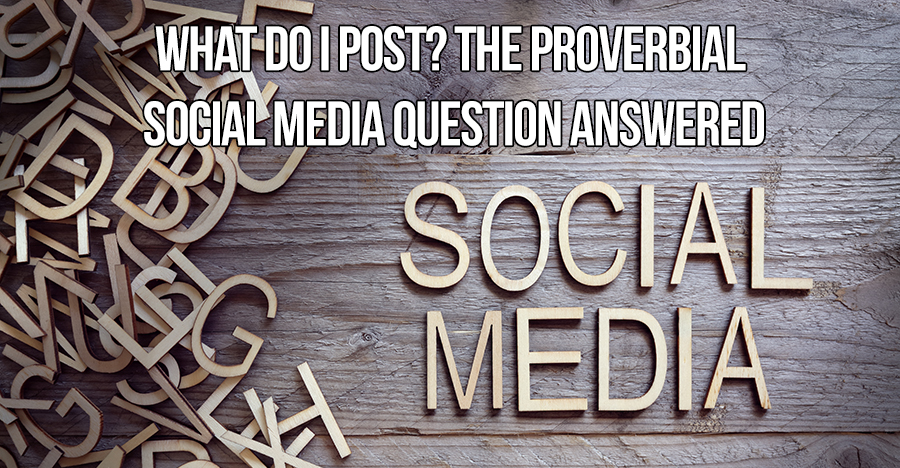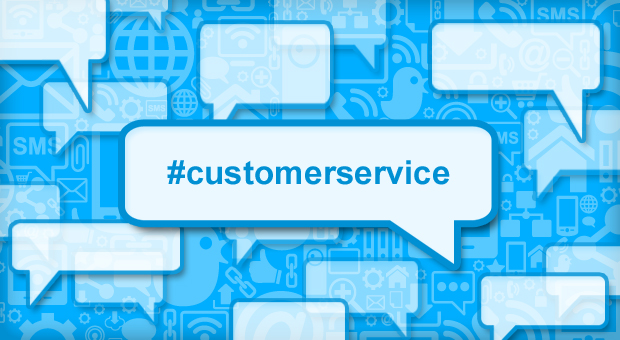
What’s the difference between social media and social commerce?
 What’s the difference between social media and social commerce? Ideally, very little! The reason social media is a successful medium for so many purposes, from generating awareness of a cause or world issues to increasing sales for ANY type of business is because it’s social – it engages people on a level that is psychologically natural (humans are social beings by nature). It provides channels through which they can connect with the people, things and ideas they care about most, and it allows people to customize their social experience to their individual preferences. Used correctly, social commerce can easily triple your business success, whether it’s sales, leads, number of customers or customer lifetime value (LTV). Companies/brands/businesses that try to sell, sell, sell, fail miserably then try to blame social media, claiming that it doesn’t work for commerce.
What’s the difference between social media and social commerce? Ideally, very little! The reason social media is a successful medium for so many purposes, from generating awareness of a cause or world issues to increasing sales for ANY type of business is because it’s social – it engages people on a level that is psychologically natural (humans are social beings by nature). It provides channels through which they can connect with the people, things and ideas they care about most, and it allows people to customize their social experience to their individual preferences. Used correctly, social commerce can easily triple your business success, whether it’s sales, leads, number of customers or customer lifetime value (LTV). Companies/brands/businesses that try to sell, sell, sell, fail miserably then try to blame social media, claiming that it doesn’t work for commerce.
If used correctly, social commerce shouldn’t seem, on the surface, very different from any other engaging interest on social media. As Gary Vaynerchuck puts it, “jab, jab, jab, right hook.” The jabs are giving to people – things they want to read, information that is valuable, entertaining and/or useful. The right hook is the occasional sell that is sandwiched so smoothly among all the other content that it won’t drive people away, it rather draws them in, and based on the user’s built-up trust and fondness for all the other content on the page/profile, they’re willing to check it out and engage with what’s being sold. For years this has been called the “80/20 rule,” in which 80% of all content on a brand page shouldn’t sell anything – but 20%, or 1 in 5 posts (roughly), showcase something commerce-based in such a way that it doesn’t seem “salesy,” but interesting, fun, engaging or useful – much like the other content. In fact, here’s a great, quick read Gary V published that quickly and easily de-mystifies how one can sell on Instagram: It’s Not Easy to Sell Products on Instagram, But Here is How You Do It
For lack of a better analogy, social commerce reminds me of the definition of diplomacy – “telling someone to go to hell in such a way that they actually look forward to the trip.” Social commerce is selling on social media in such a way that when a post is made offering a product or service, the user is almost grateful, or at least interested, in clicking to find out more about what’s being offered. Social commerce can only be successful when it’s done right. No one engages with a Facebook page, Twitter account or Instagram user that constantly pushes the hard sell. Everything has to be presented as something that can solve a problem, fulfill a need or bring happiness to the user – so when the “sales” post is made, it doesn’t seem intrusive to the user the way a sales call or sales pitch would. It should be just as need-fulfilling, useful or interesting as everything else. Make it funny, make it informative, make it interesting, and anything can be sold on social media. Just make sure that the focus is always on the interests of the user, not the seller.
Use social listening tools – Facebook graph search, Twitter trends and 20 other available ways (most of them FREE) to find out what users are looking for and what they really want. Align the content of your social commerce with the findings, and be sure to give enough “jabs” of what the users want to make them interested, or at least not abandon the brand, when it’s time to put in a “right hook.” That’s successful social commerce. The cocktail party analogy – your social media presence is like a person at a party. If you walked in and talked about nothing but yourself, you’d quickly find yourself alone. Engage in the conversations everyone is and wants to be talking about and you’ll easily be able to slip in mentions of what you can offer them to make some part of their lives better, whether it’s kitchen tools or life insurance, and people will take interest and ask you to tell them more. It doesn’t matter what you’re selling in social commerce, what matters is how you do it. Don’t ever be fearful – recruit a guide to help you navigate the socialsphere if that will help you – but never, ever listen to brands, companies or individuals who tell you that social media is not an effective way to do business. In fact, it’s more effective and a heck of a lot cheaper to reach your ideal customers/market segment with social than it is with any traditional channels!










